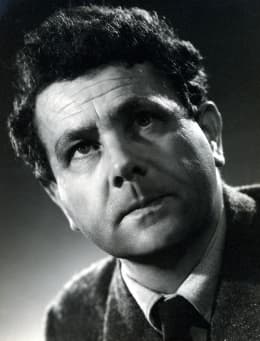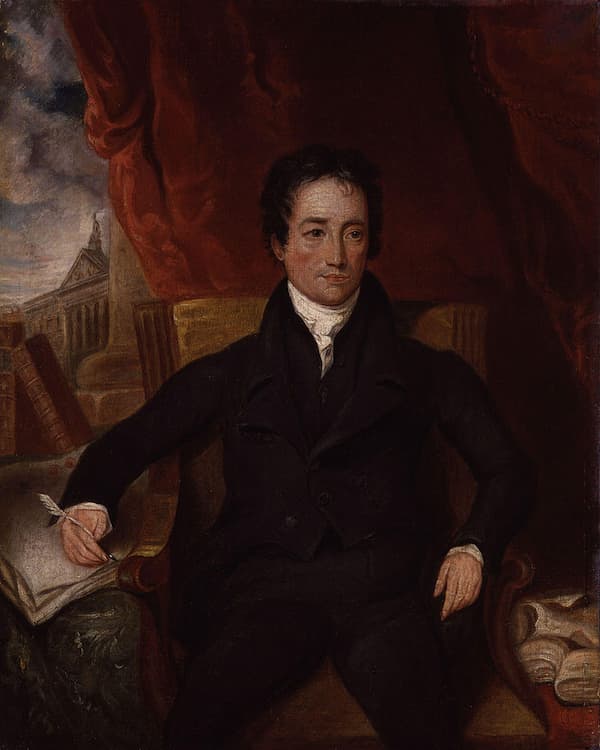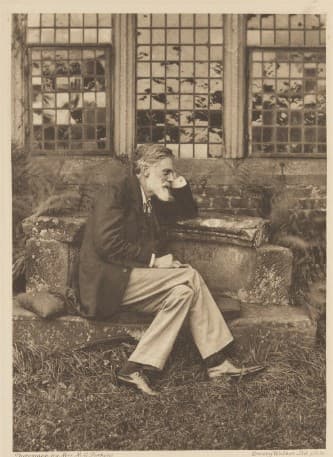English composer Gerald Finzi (1904–1956) wrote to a friend about his love / hate relationship with the year’s end: ‘I love New-Year’s Eve, though I think it’s the saddest thing of the year’ and in his 1926 piece, Nocturne (New Year Music), wrote his first version of his feelings.

Angus McBean: Gerald Finzi
Finzi took his 1926 original and revised it two more times, once in the mid-1940s and again in 1950, when it was published. Its premiere, under the title New Year Music (Pavan), took place on a BBC radio broadcast in 1932.
Finzi took inspiration from two English writers: Charles Lamb (1775–1834) and the Poet Laureate Robert Bridges (1844–1930).

Henry Hoppner Meyer: Charles Lamb, 1826 (London: National Portrait Gallery)

Mrs. M.G. Perkins: Robert Bridges, 1913 (London: National Portrait Gallery)
Lamb’s collection Essays of Elia was published in 1833, and it brought together essays that appeared in The London Magazine between 1820 and 1825. In his 1820 essay, New Year’s Eve, Lamb declares that ‘no one ever regarded the First of January with indifference’. The bells of New Year’s Eve bring to his mind a recollection of the entire year: ‘All I have done or suffered, performed or neglected…’. It’s a time of reflection and thinking back.
Robert Bridges’ (1844–1930) poem ‘Noel: Christmas Eve, 1913’ describes a walk he took one Christmas Eve: ‘A frosty Christmas Eve | when the stars were shining | Fared I forth alone…’. He hears the bells from local villages surrounding the hill he’s climbed. The ‘mad romping din’ of the bells makes him think of the song of the angels on the very first Christmas, comforting those who heard them sing.
From these two sources, Finzi created his dark and chill winter landscape. The middle section brings us to an English landscape, majestic and solemn, alone as Bridges was on his walk. The work closes with the singing of the stars before the cold mists fall again. The middle section has been described as a ‘galliard’, the dance pair with the pavan (note the original 1932 title of this piece).
Gerald Finzi: New Year Music, Op. 7 (BBC Symphony Orchestra; Andrew Davis, cond.)
This matches Lamb’s reflective mood and Bridge’s thoughts of the song of the angels on the first Christmas. Bridges closes his poem not in sound but in silence: Mellow’d and transfigured | as I stood on the hill | Heark’ning in the aspect | of th’ eternal silence’.
For more of the best in classical music, sign up for our E-Newsletter



